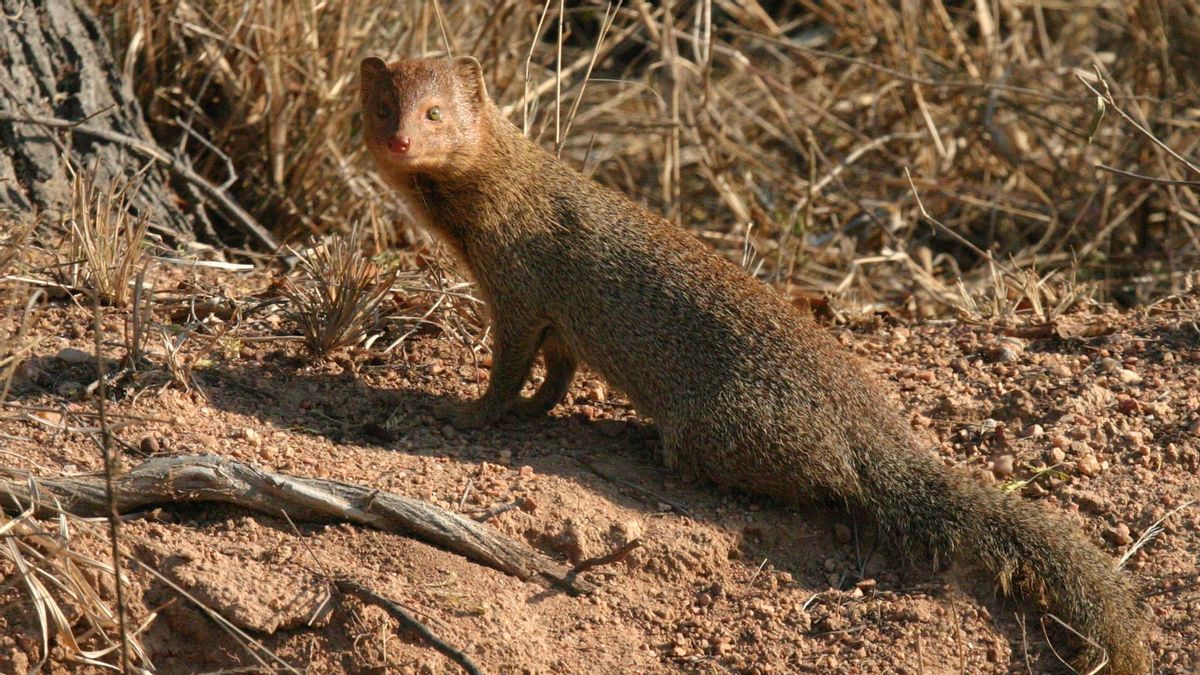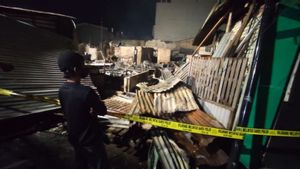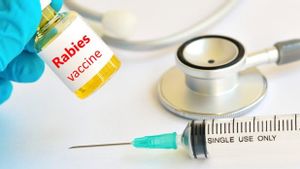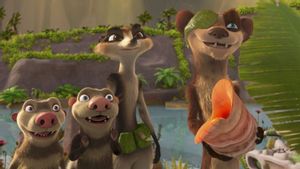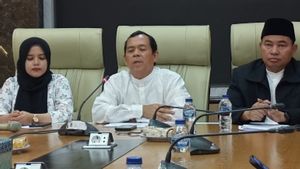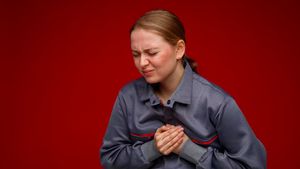JAKARTA - The manager of the Rawa Aopa Watumohai National Park (TNRAW) in South Konawe Regency to Bombana Regency, Southeast Sulawesi said that in the last three years (2019-2022) there was 26 Tenggalung weasel that died when they were hit by four-wheeled and two-wheeled vehicles passing through this area.
The Head of the National Park Management Section (SPTN) Region-II, Benny E Purnama, in a written statement received on Friday, July 15, stated that the cause of death of protected animals in the TNRAW area was because the road conditions were quite dark, thus disturbing the activities of motorists passing through the area. crowded.
He said that of the 26 dead ferrets, 19 were found in 2019, 5 in 2021, and 2 in June 2022.
"It is feared that if this incident continues, it will result in the Tenggalung weasel population (Viverra Tangalunga) being threatened, and the weasel habitat will be difficult to find again in the area," said Benny as quoted by Antara.
In some countries, said Benny, weasel animals can be anticipated by making tunnel corridors below or bridges above animal crossings, so that their activities are not hindered.
Often roads in areas full of wildlife along the way are fenced, so as not only to prevent animals from being hit but also for the safety of motorists.
Adopting the efforts made in several countries to minimize the deaths of wild animals that are hit by vehicles, in the TNRAW area, tunnels or bridges can be constructed under animal crossings or shock lines (sleeping police), especially at points where dead animals are often hit, namely the Mandu-Mandula, Laea, Lampopala, and Tatangge forest blocks.
Watumohai TNRA, which covers an area of 105 thousand hectares, divides several districts (South Konawe, Bombana, Konawe, and Kolaka) at this time is quite busy for vehicles to cross, because it is on the provincial axis road between Bombana Regency and South Konawe Regency along 22.4 kilometers.
VOIR éGALEMENT:
The area, said Benny Purnama, divides the area into two parts so that it becomes a crossing place for wildlife which results in many dead animals crossing the road.
He also added, that as an effort to reduce the risk of death of these protected animals, his party will conduct socialization on the road by making banners, and making corridors for crossing animals in collaboration with PUPR.
Data for 2020 states that there are no more than 1,000 deer (Rusa Timorensis) which are estimated to be still alive and growing in the savanna area, and anoa (Bubalus Depressicornis) in the dozens more.
Due to the uncontrolled hunting of animals by irresponsible elements in the 2000s, TNRAW claims that the breeding of deer has reached a peak of more than 46 thousand heads.
The English, Chinese, Japanese, Arabic, and French versions are automatically generated by the AI. So there may still be inaccuracies in translating, please always see Indonesian as our main language. (system supported by DigitalSiber.id)
